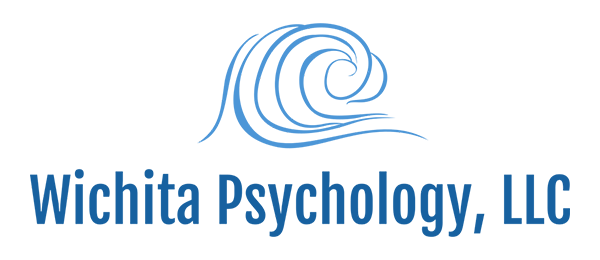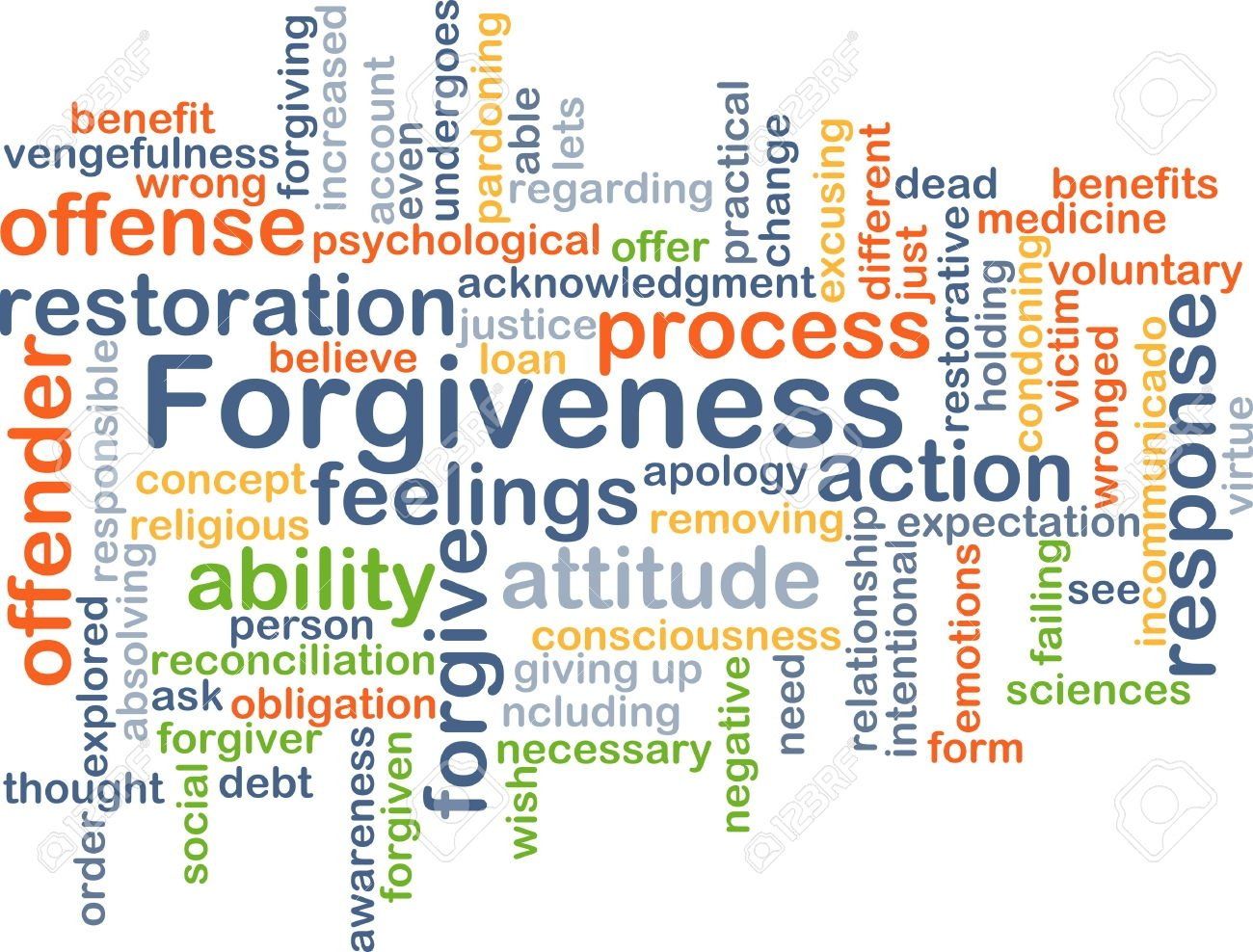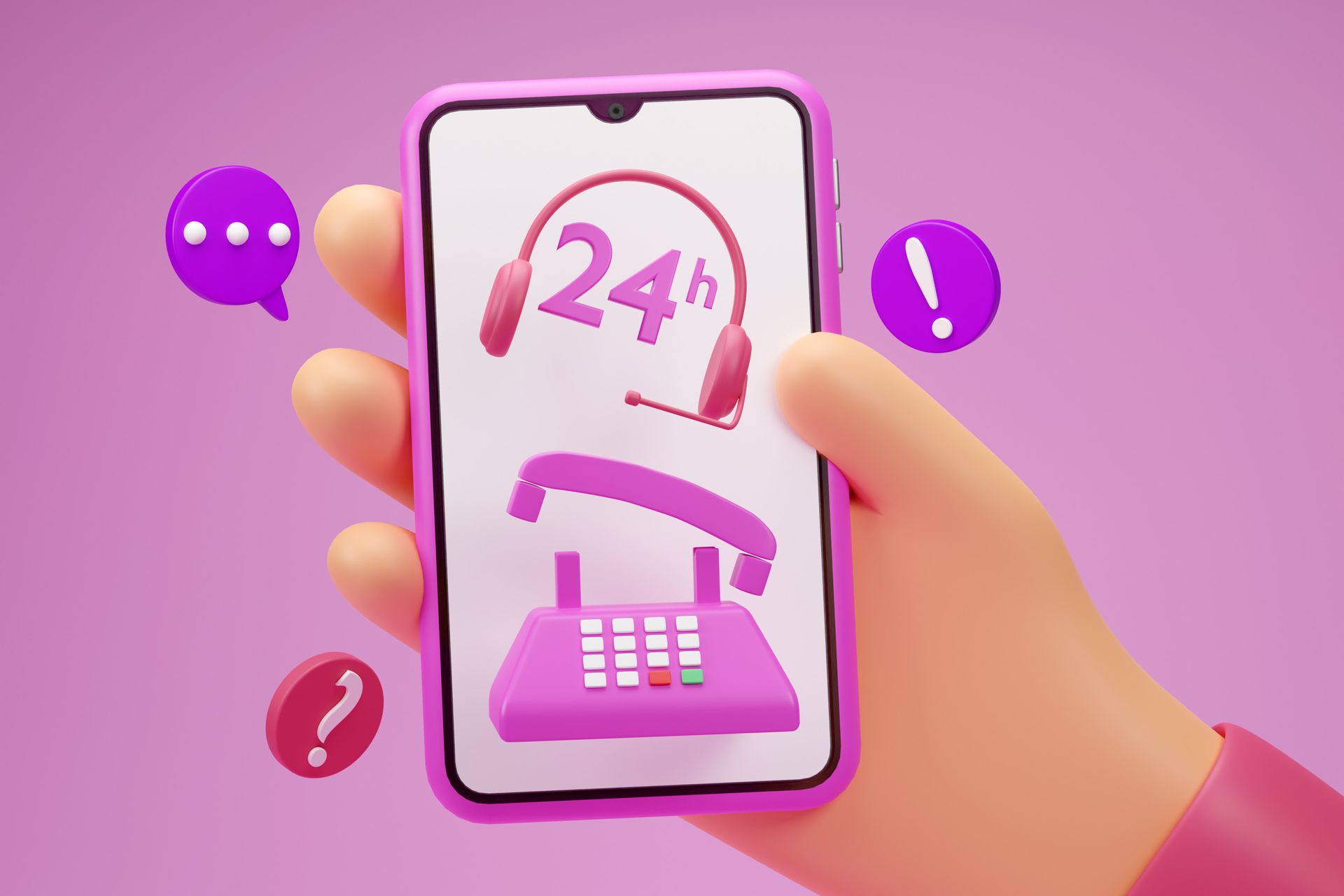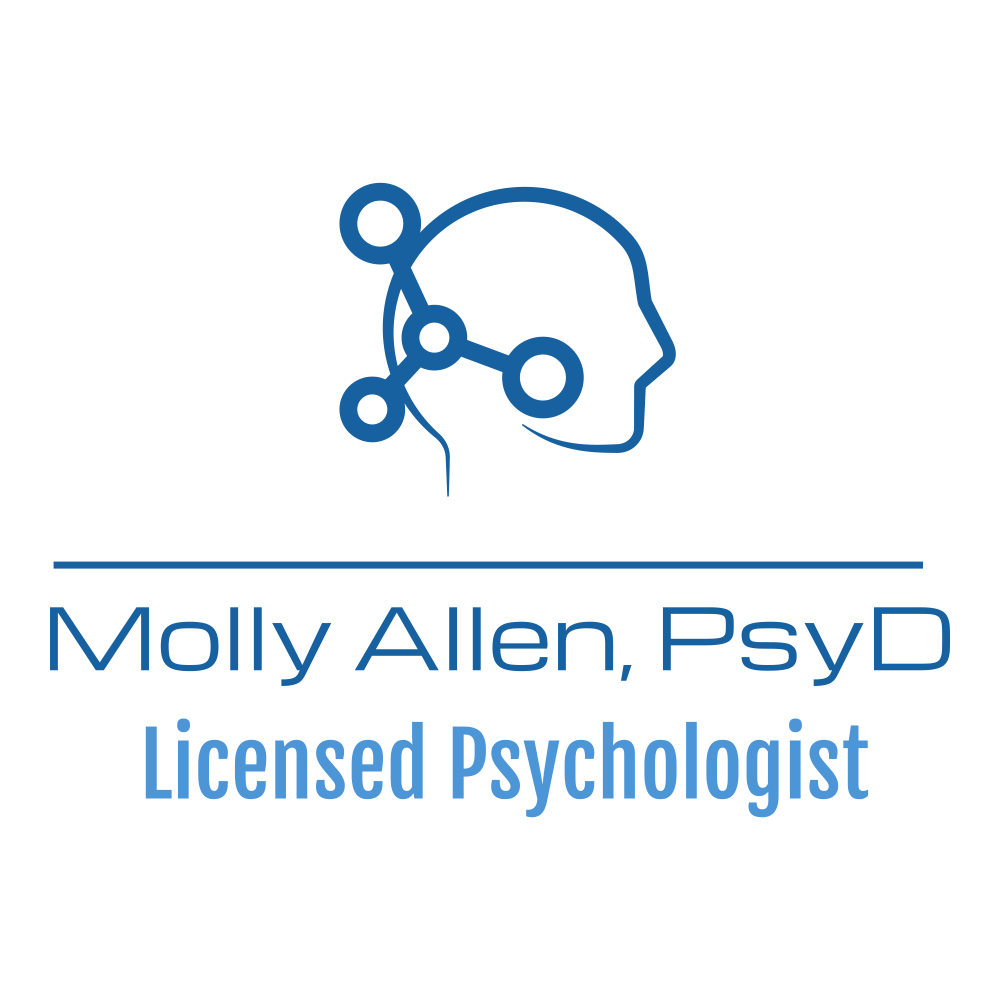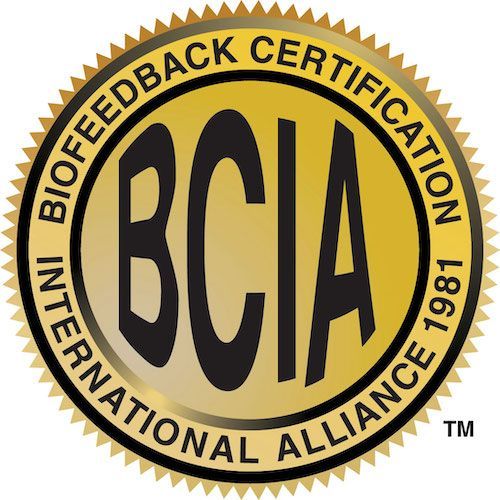Forgive and Forget?
It’s one of the greatest gifts you can give yourself, to forgive. Forgive everybody. –Maya Angelou
Forgive And Forget?
It is said that confession is good for the soul. It may also be good for your mental health. Forgiveness involves letting go: of the need for revenge, of resentment and bitterness, of wishing bad karma on another being. For many people, letting go may be arduous. However, it doesn’t have to be. According to Dr. Bruce Nystrom, “Not forgiving changes nothing, it only tends to make and keep you angry and upset. So don’t let your happiness and joy be ruined by carrying a grudge.”
Can’t We Just Get Along?
The truth is, the act of forgiveness is not simple. Commanding ourselves to forgive–through sheer force of will—without addressing the underlying issues is not necessarily beneficial. Family, religion, culture and guilt may create additional pressure on us to forgive the offender. -In fact, such forced or superficial forgiveness can backfire. Rather than cleanse our souls, this can create pools of deceptive anger, resistance, and passive-aggressive behavior alternating with depression, guilt, and shame. Much depends on the type of offense: did someone lie about you? Did someone abuse or attack you? Was someone unkind, or rude? Forgiveness becomes even more complex when the person who harmed us denies that the incident happened and refuses to take responsibility for his or her actions. For example, forgiving a spouse who continually criticizes the way you look, your cooking, cleaning, financial management, work habits, etc. can result in increasing victimization and lowering of the forgiver’s self-esteem.
How Do We Heal?
When we heal, we do not allow feelings and memories to control us anymore. Resolving anger and letting go of grudges can restore inner peace, wholeness, and a sense of freedom. Healing begins with these steps:
- Acknowledge your own inner pain (consult a professional to help with this if you’re struggling to define the source of your pain)
- Try to understand the point of view and motivations of the person you’re forgiving and replace your anger with compassion, or at least an understanding of the offender’s actions
- Forgive yourself for your role in the relationship
- Express your emotions in non-hurtful ways without yelling or attacking
- Protect yourself from further victimization both internally and externally (a therapist can help you identify behaviors to avoid as well as strategies for bolstering your self-esteem and assertiveness)
- Decide whether you want to remain in the relationship, or how you can structure the relationship to best protect yourself from further hurt
What Forgiveness Is Not
We’ve talked about what forgiveness is, but what about what forgiveness is not? It is important to realize the act of forgiveness doesn’t solve everything. Residual feelings and emotions may remain; we may never be able to understand why an event happened, just that it did and we were seriously impacted by it.
Forgiveness is not forgetting or pretending that a hurt did not happen. It did happen, and it’s essential to confront that hurt without holding onto the pain.
Forgiveness is not about defending or excusing another’s behavior. We forgive because a wrong was committed.
Forgiveness is not about giving permission for someone to continue hurtful behaviors against us; nor does it condone past or future behavior. Just because you forgive someone doesn’t mean they will acknowledge or change their hurtful behavior—but you can change your understanding of yourself, of the offender, of your reaction and of your participation in that relationship.
Forgiveness is not reconciliation. Just because we forgive someone’s bad behavior does not necessarily mean we want to remain in a relationship with them—be it romantic, professional, or as a friend. Sometimes forgiving means distancing yourself from toxic relationships.
Most importantly, forgiveness is an intensely personal—and rigorous—examination of ourselves leading to improved physical, mental and spiritual health. The better we understand ourselves, the better we are able to understand others.
Sources: Dr. Bruce Nystrom, Psych Central
